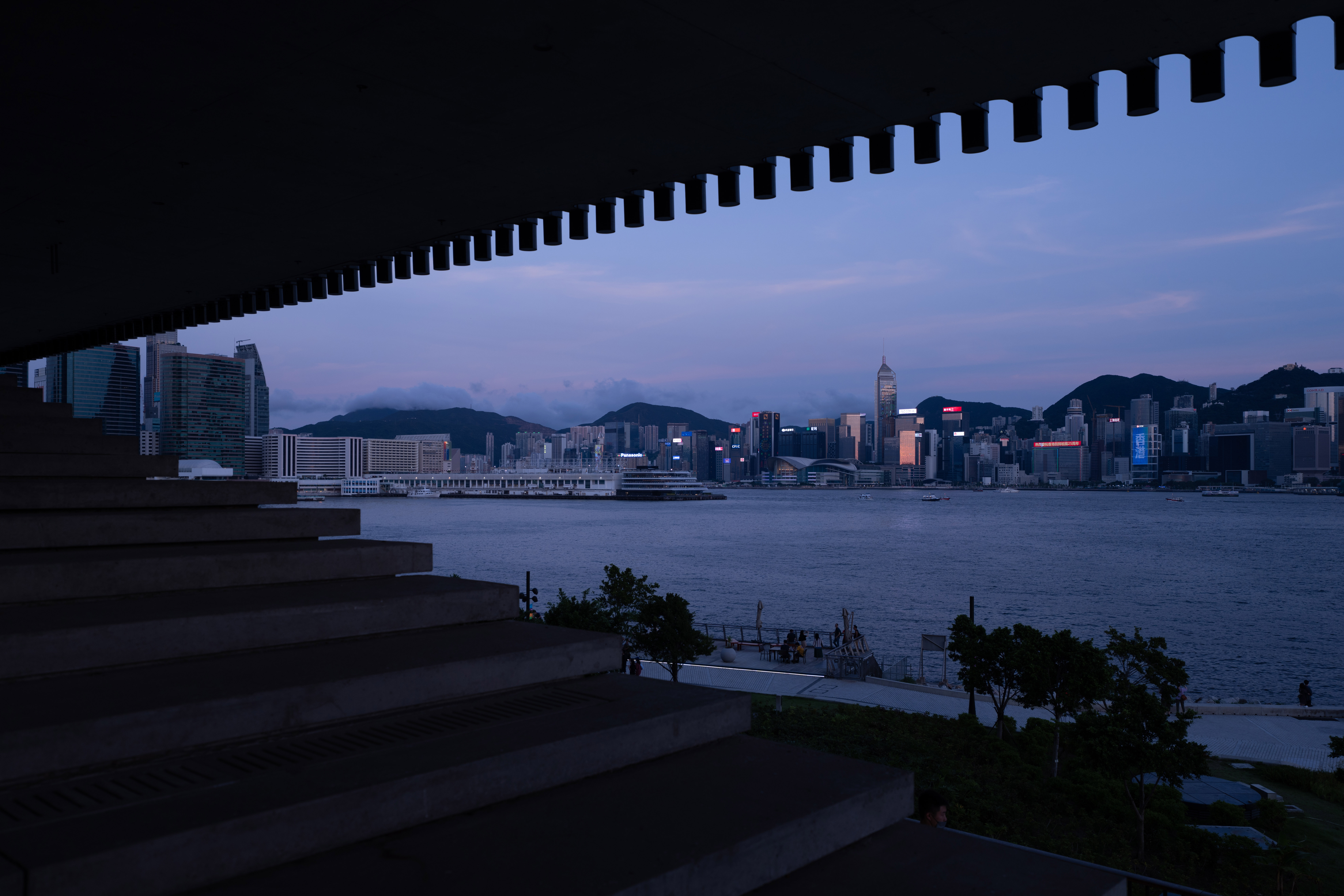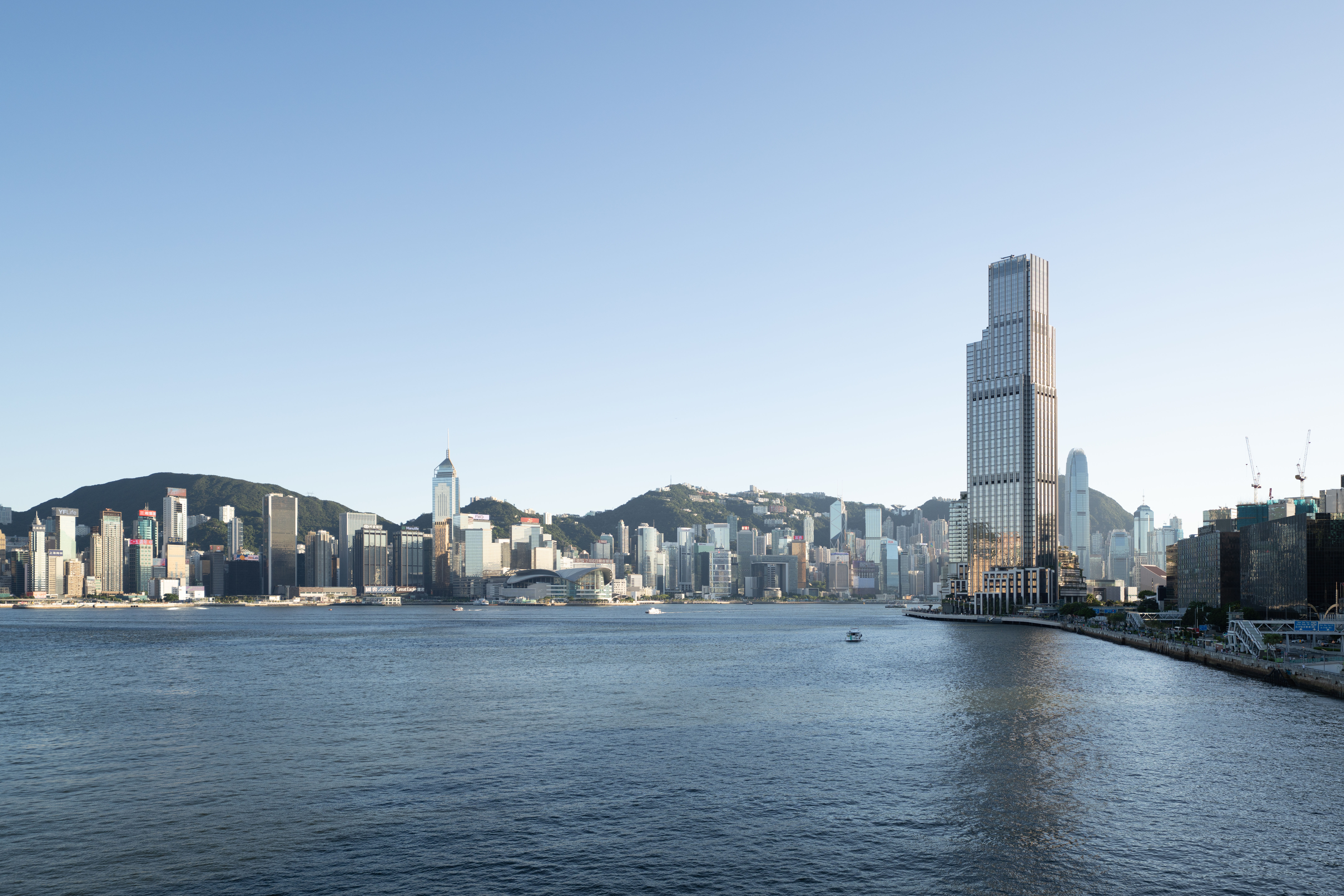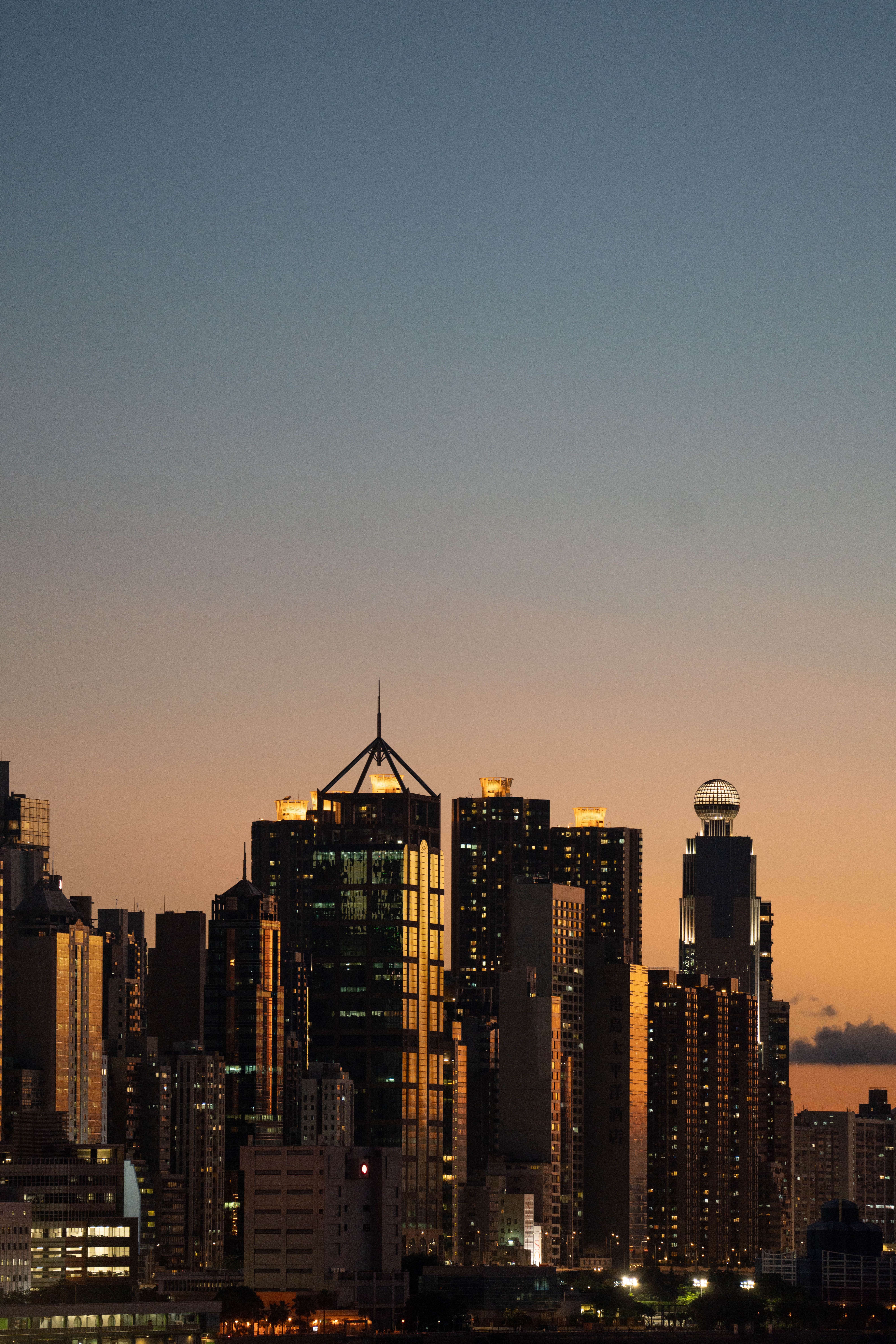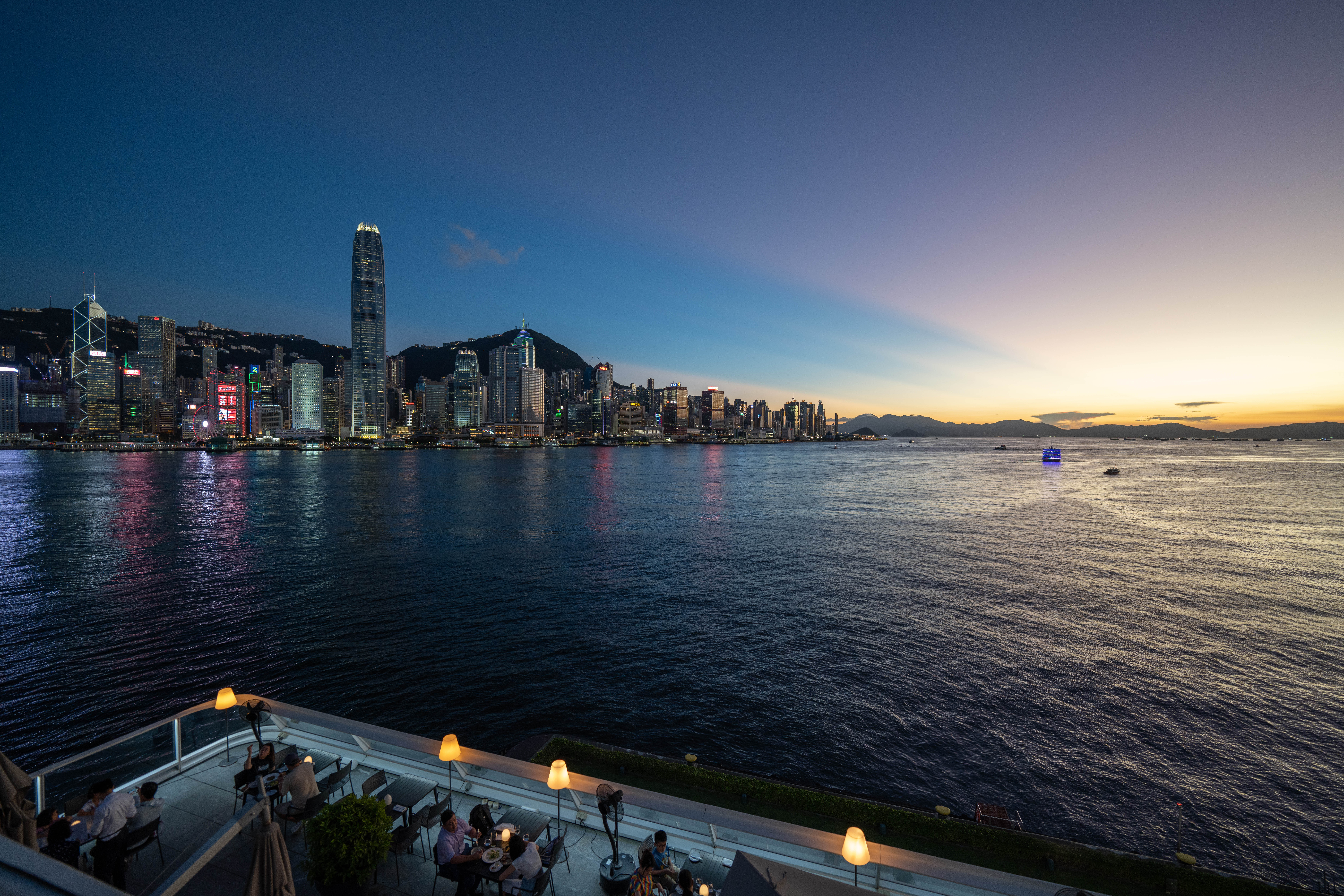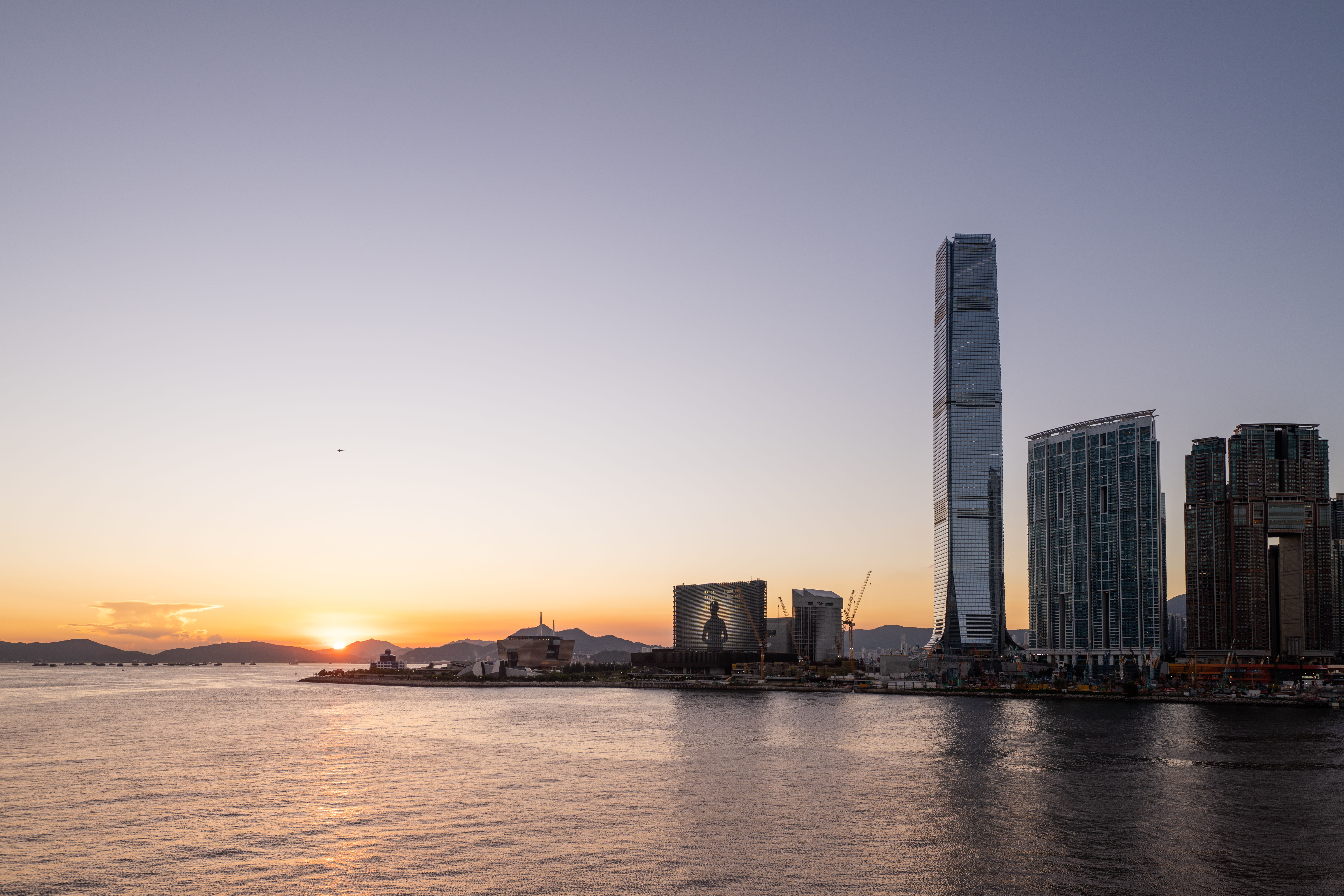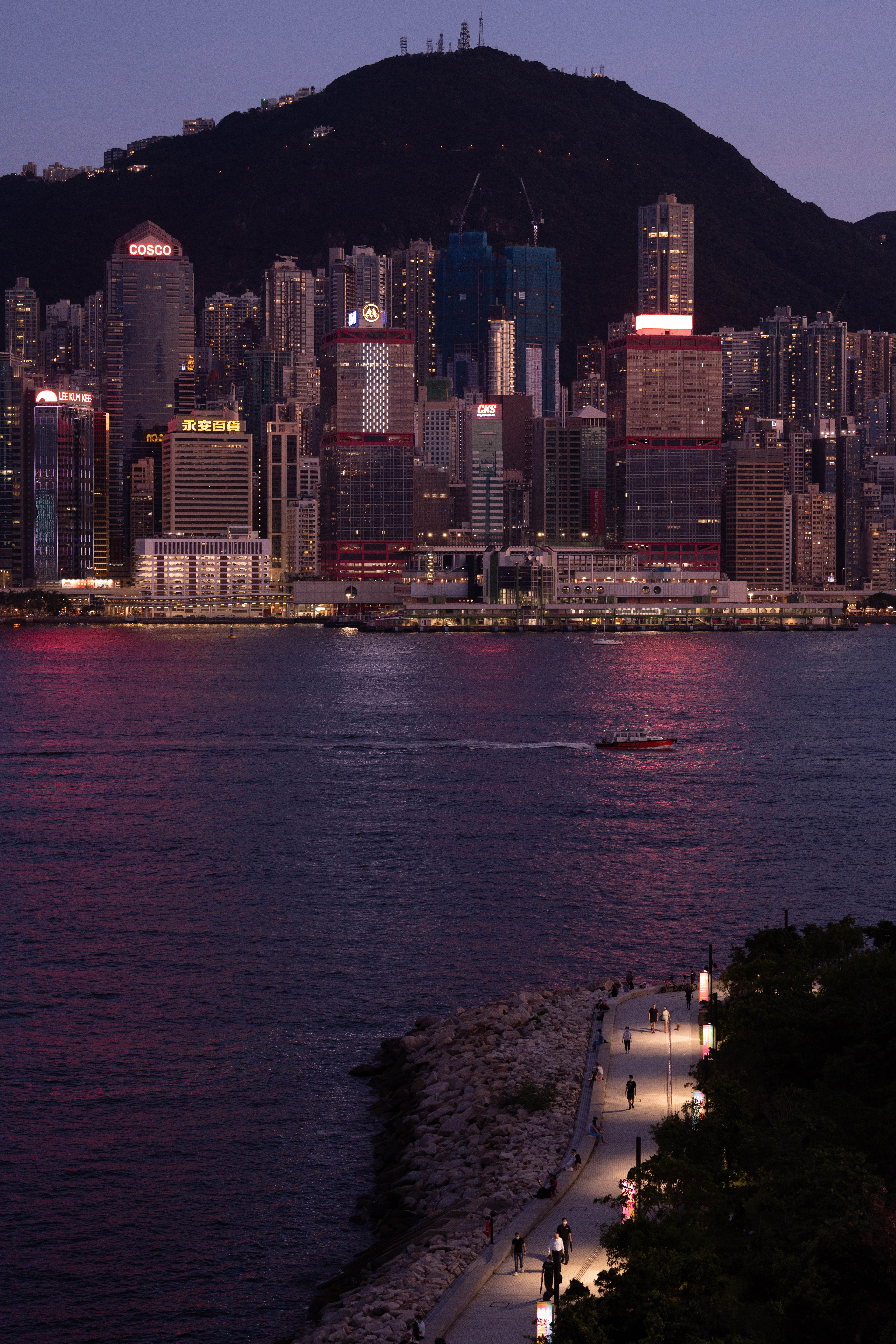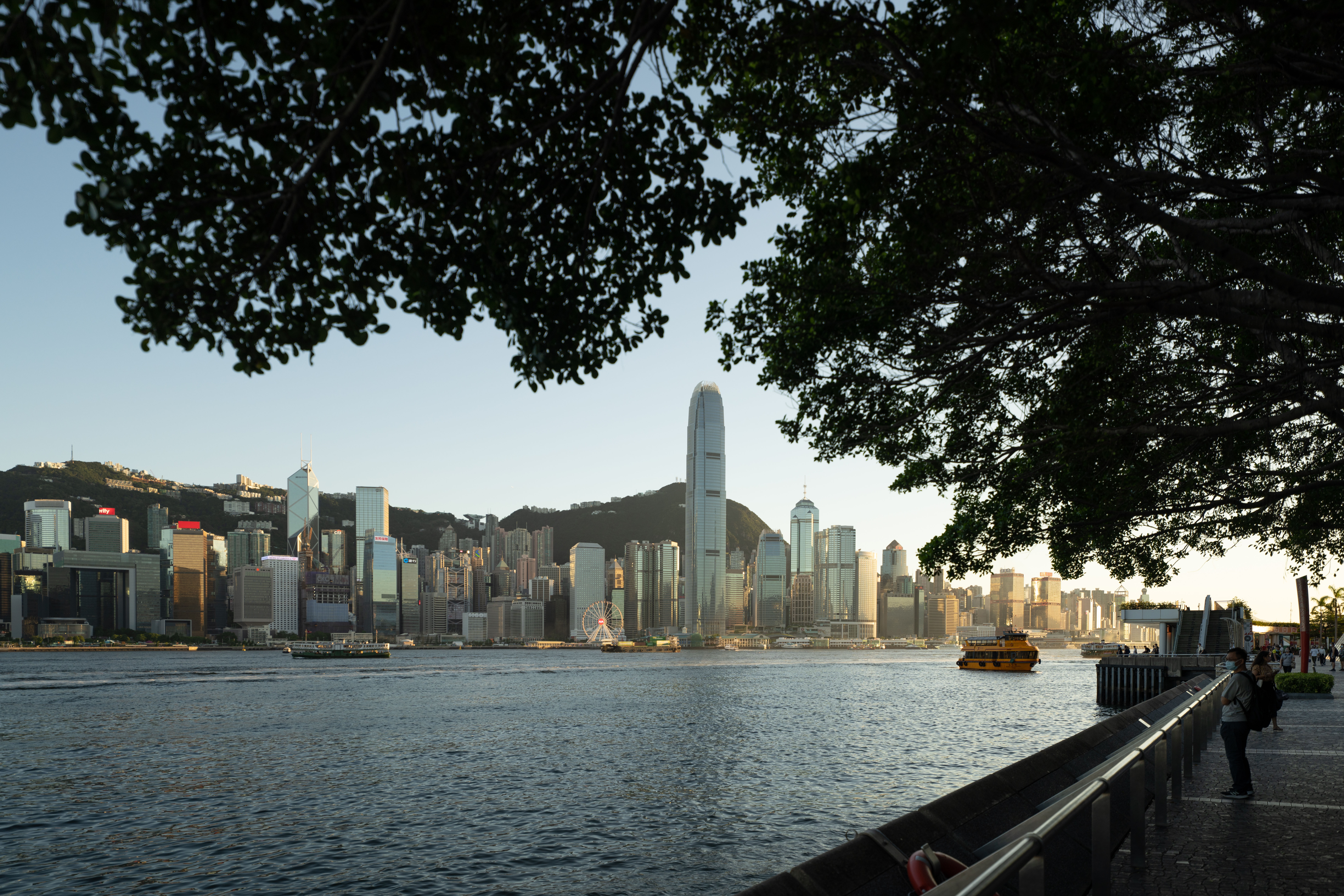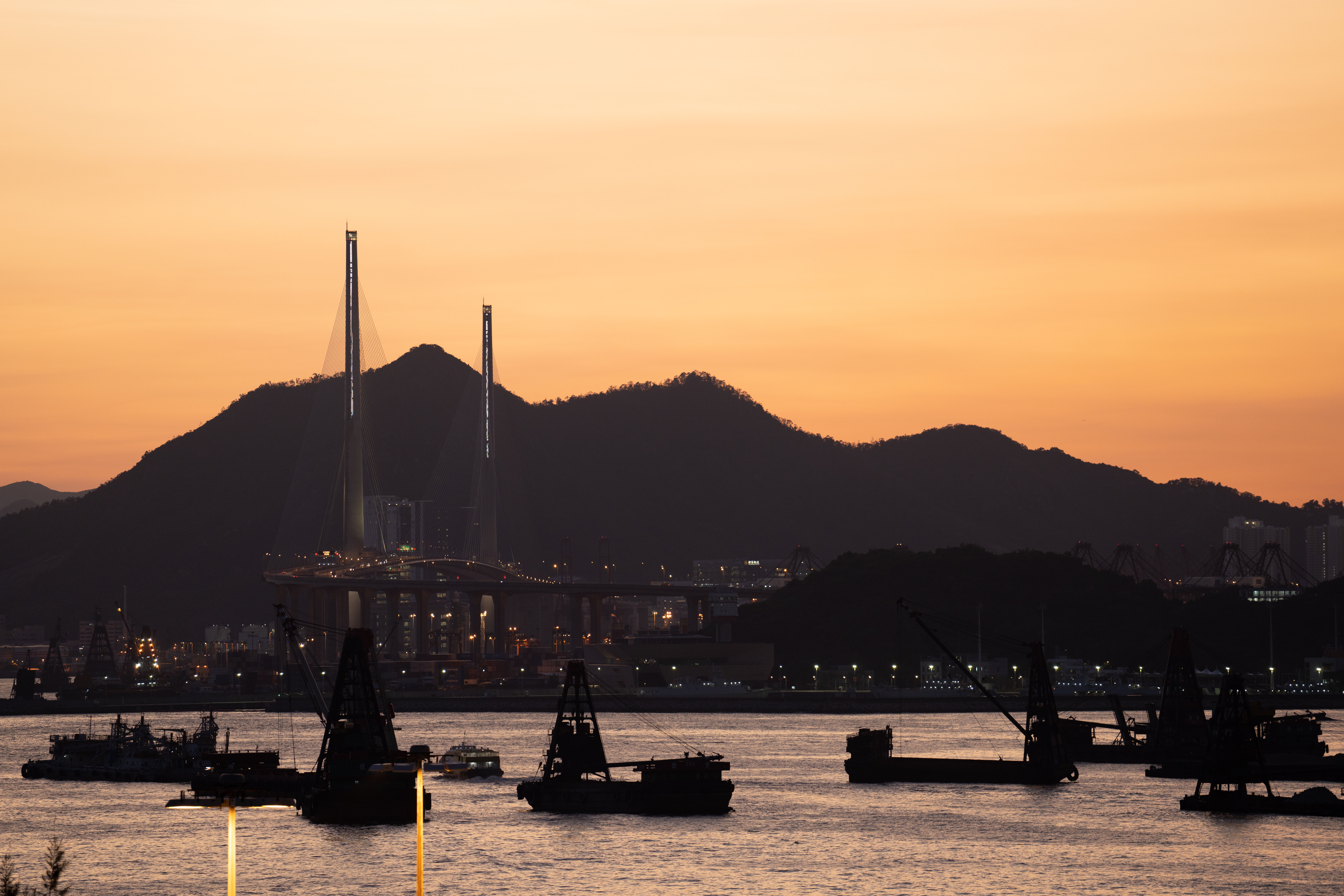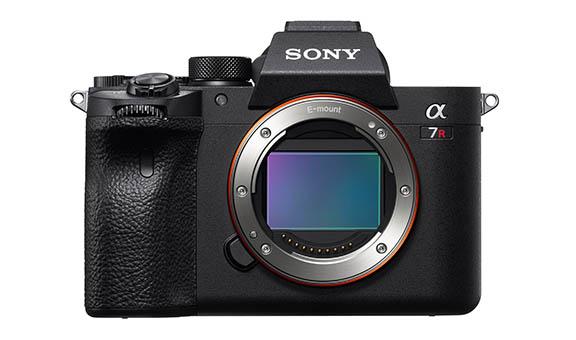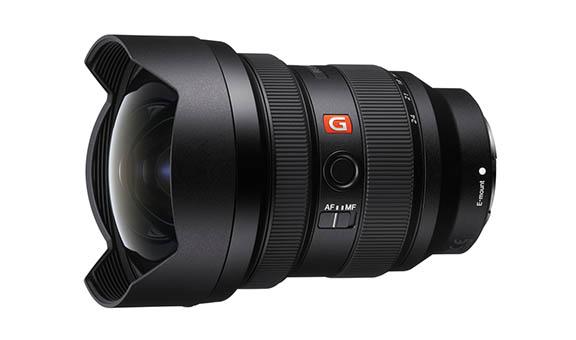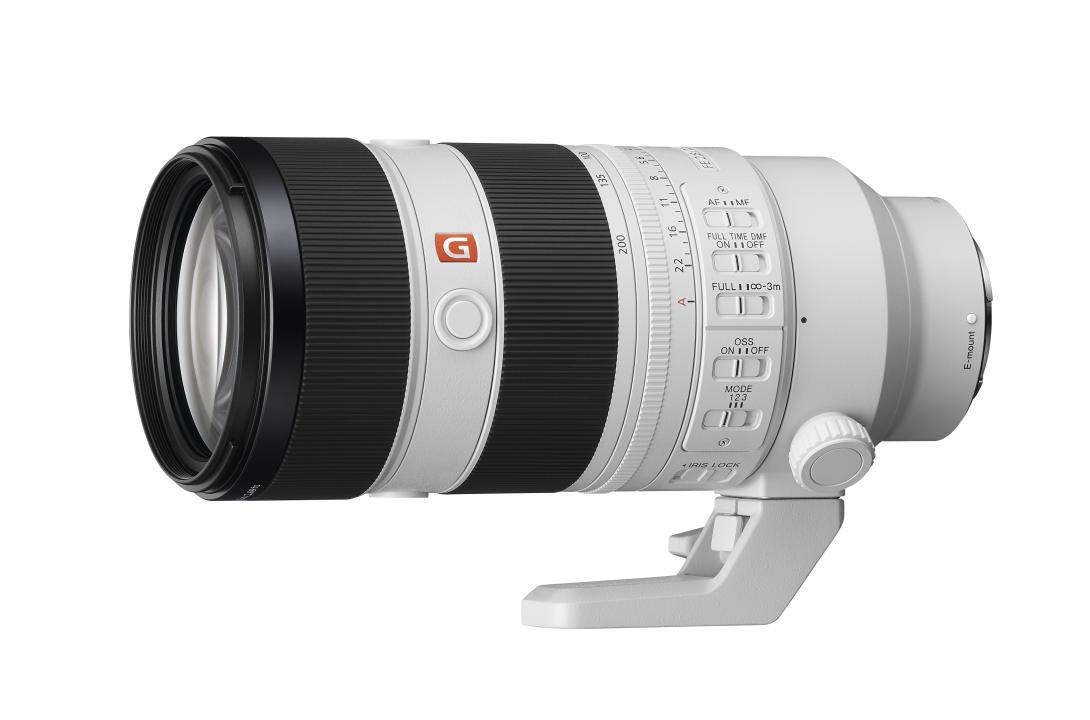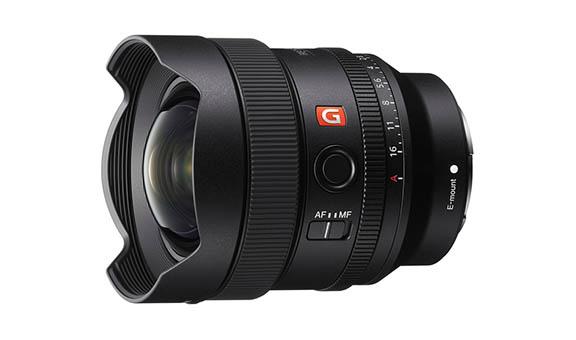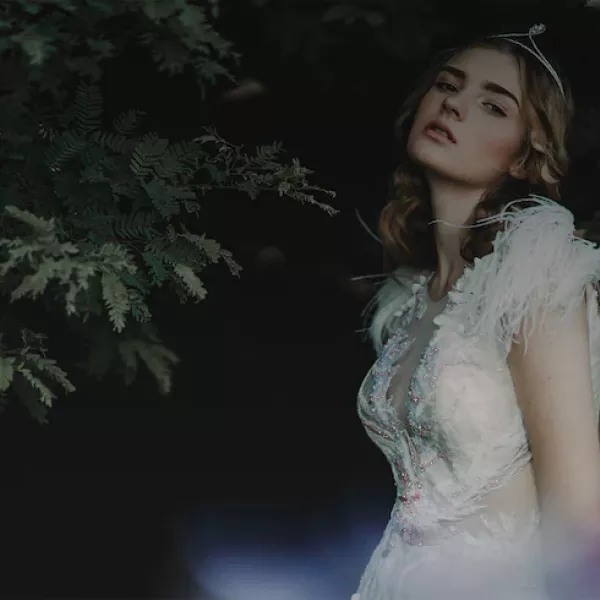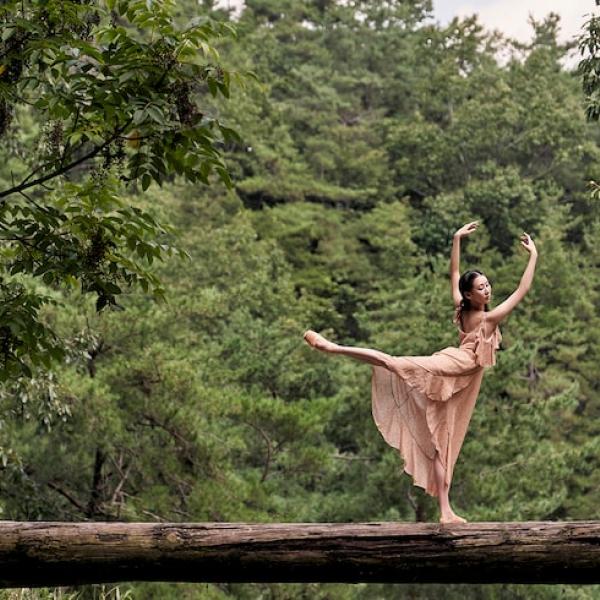The Architect Turned Photographer
Seasoned architect Kris Provoost, with his Master’s Degree in Architecture and his breadth of expertise in the field, acknowledges that his years of experience have provided a springboard for him to pursue architecture, interior and infrastructure photography. Thanks to this head start, all he had to do was to learn the rules of photography. Then, he knew that fusing these two interests together was going be smooth.
Building The Shot
As a trained architect, Kris was taught that the design of a building tells a story. When he eventually became a photographer, this idea of a story became the foundation of his approach to shooting buildings.
"With the equipment available to photographers today, there's no limit to what is possible. The right lens depends on the story I wish to tell. For cityscapes, a telephoto lens is indispensable as it helps capture a part of the scenery while letting you focus on the subject. In dense cities like Hong Kong, it singles out the subject and keeps the background mellow."
Kris often researches and plans his shoots in advance, and tests out different shooting angles for the building before returning to the location at/during golden hour. Despite the thorough preparation, Kris emphasises the importance of having dependable equipment. "Lighting is everything in architecture photography. Light gives contrast and depth to buildings and is part of the storytelling. You can't control the sun or the weather, which can be frustrating, but it is also an opportunity to shoot something out of the ordinary. That's why having key equipment that is completely trustworthy is necessary, as I know I can rely on them from simple shots to switching lenses instantly according to my needs," added Kris.
The Alpha 7R IV has been a tremendous help in Kris’ photography journey. Among the multitude of features that allows him the creative freedom to add his personal style to his shots, its high pixel count is one of his favourites. Its 61-megapixel image quality enables him to produce larger photos while having the flexibility to crop an image as appropriate to tell a different side of a story. "A cropped photo still turns out breath-taking even when printed on a large scale, and that's why I'm a fan.It ultimately means being able to reuse your photos with just a simple creative twist!"
Lighting Sets the Mood
That being said, Kris is careful not to over plan. "There needs to be an element of surprise that sets the photo apart from the rest. That sudden spark from the sun, or the sudden reflection, or a moving object with perfect alignment can all make your photos stand out."
Taking advantage of the different lighting provided by different sunlight, like warmer or cooler colours, can affect the mood of a building photograph. Lighting plays an active role, and it is essential for cityscape photographers to learn how to play around with it. According to Kris, different types of light can result in a totally different mood. While he often avoids midday lights, he enjoys taking full opportunity of the early morning light, late afternoon to golden, as well as the blue hour.
Having studied natural lighting for quite some time, he has established that the early morning light brings a level of excitement to the photo, where it visibly translates that it is a new day. The softer afternoon light, on the other hand, adds in a relaxed atmosphere since the hustle and bustle of work is finally over. A couple of hours later, is the much-awaited golden hour. For Kris, the contrasting light, alongside the colour gradient in the changing sky, is what makes the magic happen.“After a whole day of shooting, this hour is where I'm totally in-tune with my photography and the movement of light. This has resulted in my best work yet," said a proud Kris.
Architecture photos, except those captured under the blue hour, tend to have a warmer colour temperature because of the sun. Due to this, Kris maintains that it is crucial for photographers to first decide which mood they want to imbue in their photos. While post-process gives slight control over the hues, he personally prefers to do less digital editing to create more real representations of the structures.“There's no single colour temperature that is considered correct, and it is up to the photographer to control each frame—from reflections, building surfaces, and even building material to achieve the desired effect."
As an architecture photographer, Kris relies heavily on a tripod. Its stability allows him to hit lower ISOs and get photos with less noise, while the slower shutter speed grants him flexibility to capture visual movement. Kris has found that a slower shutter speed provides absolute sharpness when it comes to the buildings and shooting at a higher f-stop ensures the whole photo, edge to edge, is thoroughly crisp.
Highlight your perspective
For photography freshies, Kris' advice is to focus on your story. "Sometimes, shifting your horizon or balance slightly is enough to avoid making your photos look like the other million images of skylines online. Learn how to use foreground and background objects to guide the viewer's focus back to your story. I always go back to buildings I've done to see if I can put a new perspective on things," quipped Kris.
Some photographers can be so eager to tell their story, that their photo can become cluttered with too many things. For him, a singular story requires restraint, and calls for the photographer to think things through and portray the essence of their subjects. Picking the right theme and sticking to it means that elements that don't echothe same message have to be cut. For Kris, having the discipline to focus on the story he wants to tell means the resulting work is more purposeful and impactful.
"You can never be fully prepared or fully anticipate what can happen. Don't be afraid to experiment, and it's ok to limit yourself to 1 lens, as limitations force you to think on your feet and might even help you step into a new perspective. The spontaneity in shooting buildings is what drives me," concluded Kris.

